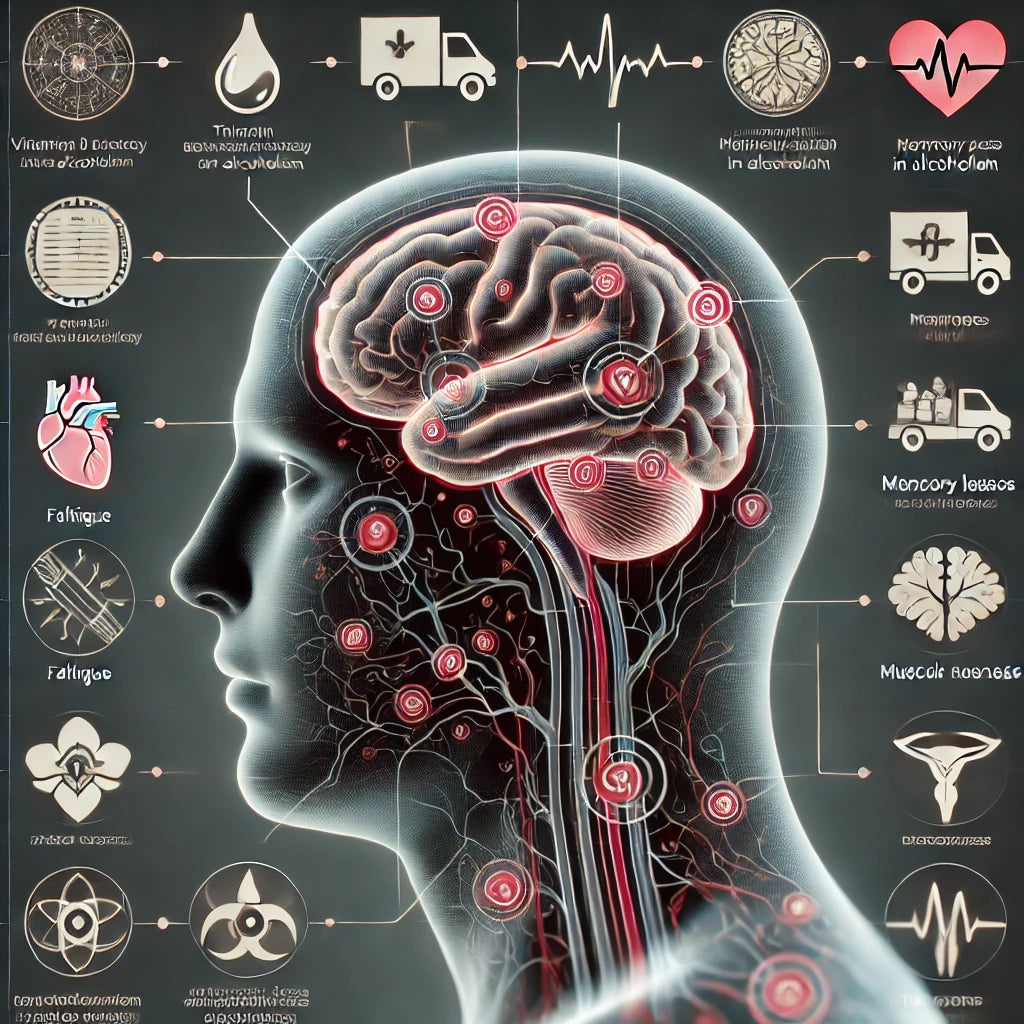News — mental health
The Fear of Fear: Understanding Agoraphobia
agoraphobia agoraphobia symptoms agoraphobia treatment anxiety disorders fear of fear managing anxiety mental health mental health awareness overcoming fear panic attacks
Agoraphobia, often misunderstood as merely a fear of open spaces, is a complex anxiety disorder that affects how people navigate the world. For those who live with it, everyday activities can become fraught with fear, making normal routines feel insurmountable. The experience is not just about physical spaces—it’s about the overwhelming fear of experiencing fear itself.
At its core, agoraphobia revolves around the anticipation of panic attacks and the distressing sensations that accompany them. This often creates a cycle where individuals avoid situations or environments that might trigger these feelings, leading to isolation and diminished quality of life. Understanding the nature of agoraphobia is crucial to breaking this cycle and paving the way to effective treatment and recovery.
Navigating the Challenges of Huntington's Disease: Support for Families and Caregivers
caregiver stress caregiving coping strategies family support Huntington's disease Huntington's symptoms Huntington's treatment mental health neurological disorders support for families
Huntington's disease (HD) is a progressive neurological disorder that profoundly impacts individuals diagnosed with the condition, as well as their families and caregivers. Characterized by physical, cognitive, and emotional symptoms, HD presents a unique set of challenges that evolve over time.
Caring for someone with Huntington's requires not only medical knowledge but also emotional resilience and practical strategies. As families navigate this journey, understanding the disease and utilizing available resources can ease the burden and foster a supportive environment for all involved.
Train Your Brain, Tame Your ADHD: The Power of Neurofeedback
ADHD ADHD in adults ADHD management ADHD solutions ADHD treatment attention deficit brain training brainwaves cognitive therapy focus mental health Neurofeedback neurofeedback benefits neurofeedback for kids non-medication ADHD treatment
For those living with ADHD, the world can feel like a constant battle for focus. The brain seems to jump from one thought to another, making it difficult to concentrate, finish tasks, or manage emotions effectively. Traditional treatments like therapy and medication help many, but innovative approaches such as neurofeedback are now transforming the way ADHD is managed.
Neurofeedback is a non-invasive technique that uses the brain's natural ability to change and adapt. By providing real-time feedback on brainwave activity, this therapy helps individuals train their brains to operate more effectively, reducing ADHD symptoms like impulsivity, hyperactivity, and lack of focus. Let’s explore the power of neurofeedback and how it can help tame ADHD.
Overcoming Anxiety in PTSD: Effective Coping Strategies
anxiety help Anxiety Relief CBT coping strategies for PTSD emotional healing journaling managing PTSD mental health mental wellness mindfulness overcoming PTSD PTSD anxiety PTSD support PTSD symptoms PTSD therapy PTSD treatment PTSD triggers self-care tips stress relief trauma recovery
Post-Traumatic Stress Disorder (PTSD) can feel like a heavy burden, with anxiety being one of its most overwhelming symptoms. It affects millions worldwide, shaping how they navigate daily life. However, the good news is that it is possible to manage and even overcome anxiety linked to PTSD through effective coping strategies.
This guide is designed to offer actionable insights into managing anxiety, whether you're someone living with PTSD or supporting a loved one. From mindfulness practices to professional therapies, you'll find a comprehensive range of tools to help you regain control and nurture your mental health.
Thiamine and Alcoholism: Understanding the Risks and Prevention
alcohol alcohol use disorder alcoholism alcoholism risks B vitamins Brain Health cognitive health dietary sources energy metabolism health complications mental health neurological health nutrition in recovery prevention thiamine thiamine deficiency thiamine supplements vitamin B1 deficiency Wernicke-Korsakoff syndrome
When it comes to maintaining our health, nutrition plays a foundational role in ensuring that our bodies and minds function optimally. One of the most critical vitamins for both mental and physical well-being is thiamine, also known as vitamin B1. However, individuals who struggle with alcoholism often experience a deficiency in thiamine, which can lead to severe, even life-threatening health issues. Understanding the relationship between thiamine and alcoholism is crucial for anyone working in healthcare, individuals recovering from addiction, or loved ones seeking information to support a family member.
This article delves into why thiamine deficiency is common among those with alcoholism, the health risks associated with this deficiency, and what can be done to counteract the effects. Armed with knowledge, those affected can take proactive steps to protect their health, seek necessary medical intervention, and make dietary changes to mitigate the risks of this dangerous combination.





